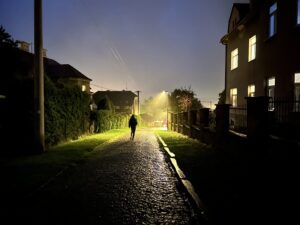
The Fall Issue | 2024
At long last, our Fall 2024 issue is here. Check back daily throughout the month of November to read a true harvest of poems, stories, art, and criticism that we’ve curated for you this autumn.
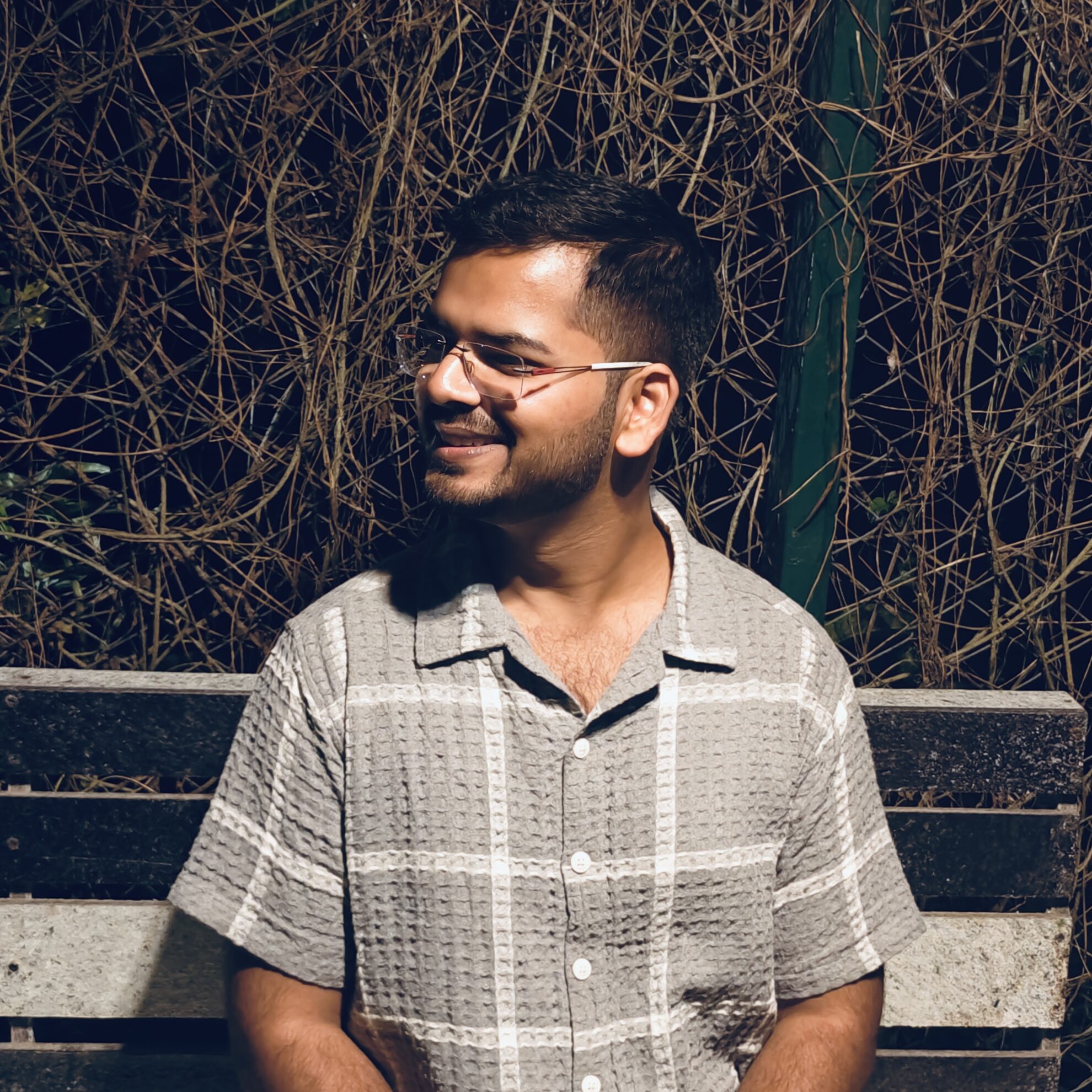
sometimes a bottle // holds me like a tentpole / sometimes // it’s the other way round; and we bottle- /
neck / we flagship each-other.
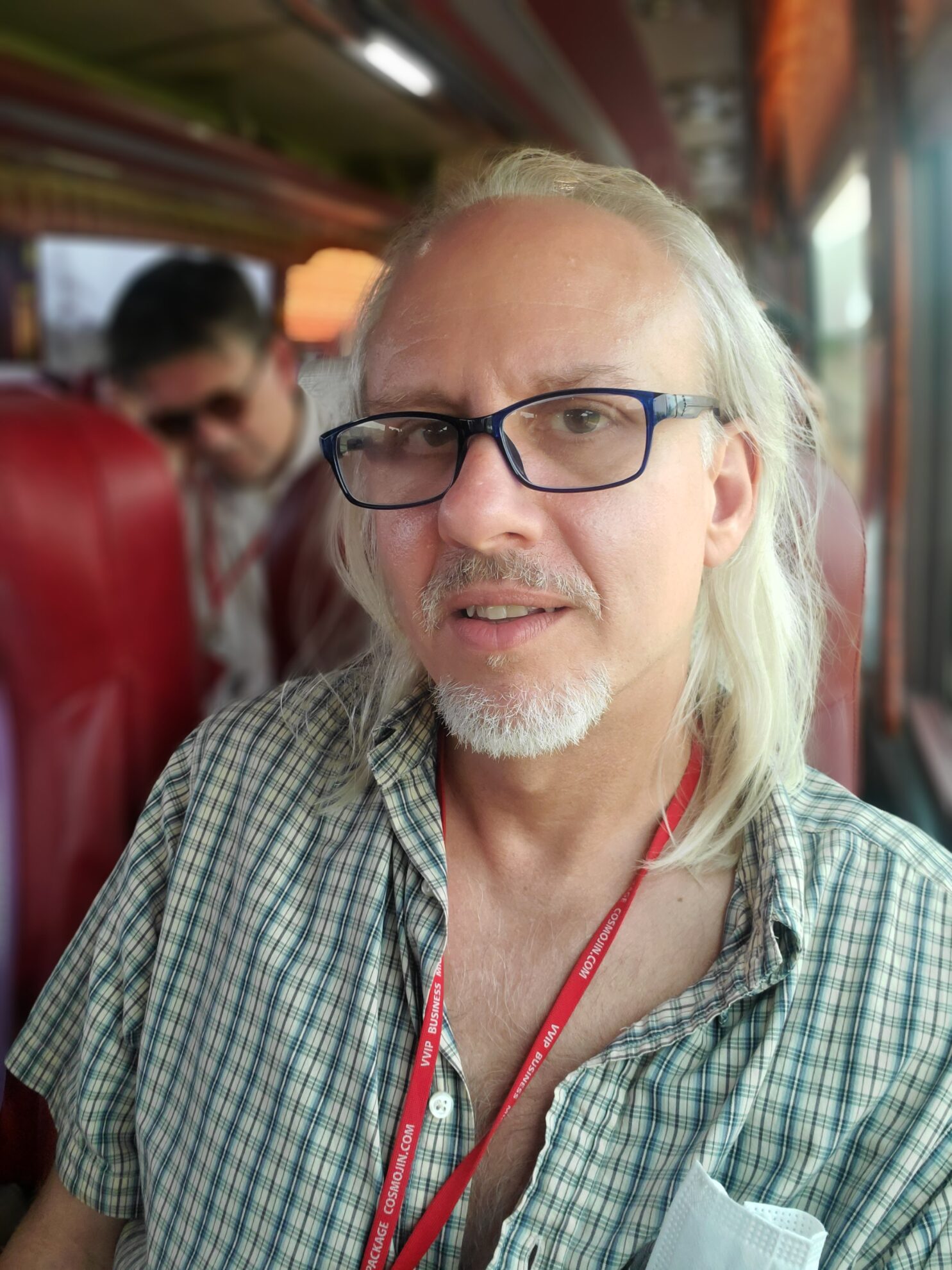
He is not our first dead tourist. We have had copter incidents, people cutting legs on ice, avalanche victims. One lady fell down a mine shaft. The boy from the Lone Star State had just graduated high school. That’s why he was here, to celebrate the possibilities of his future.
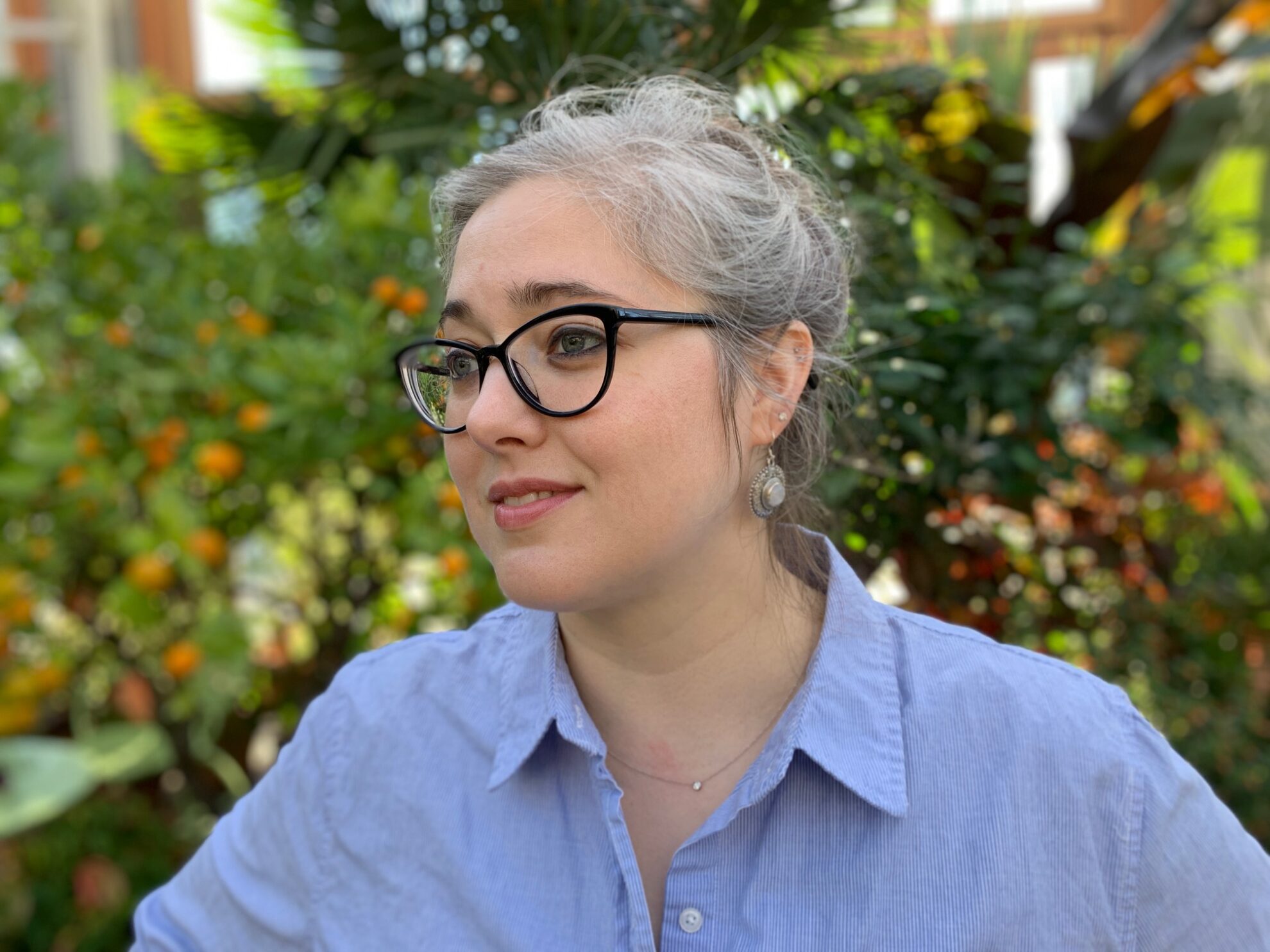
Wine river of melted crowns / calls me home from the forest. // On the bank I drift, I mark / my bright axe laid down to rest.
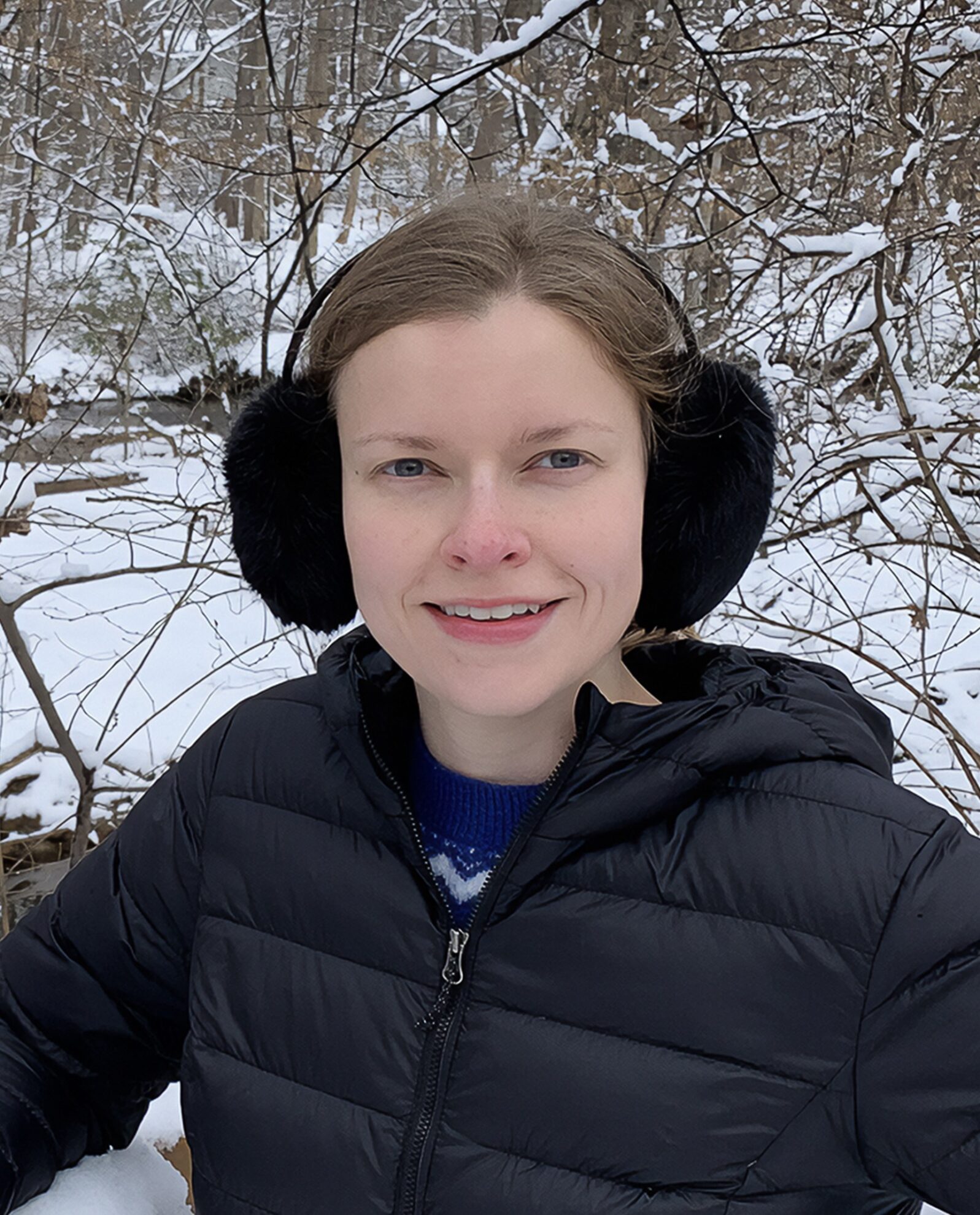
How many times did I tell the children? We got this by a stroke of luck, and to luck it might return. Don’t fold it into the shape of a paper airplane. Don’t bet it on a game of chance or skill. Don’t draw it or dream about it.
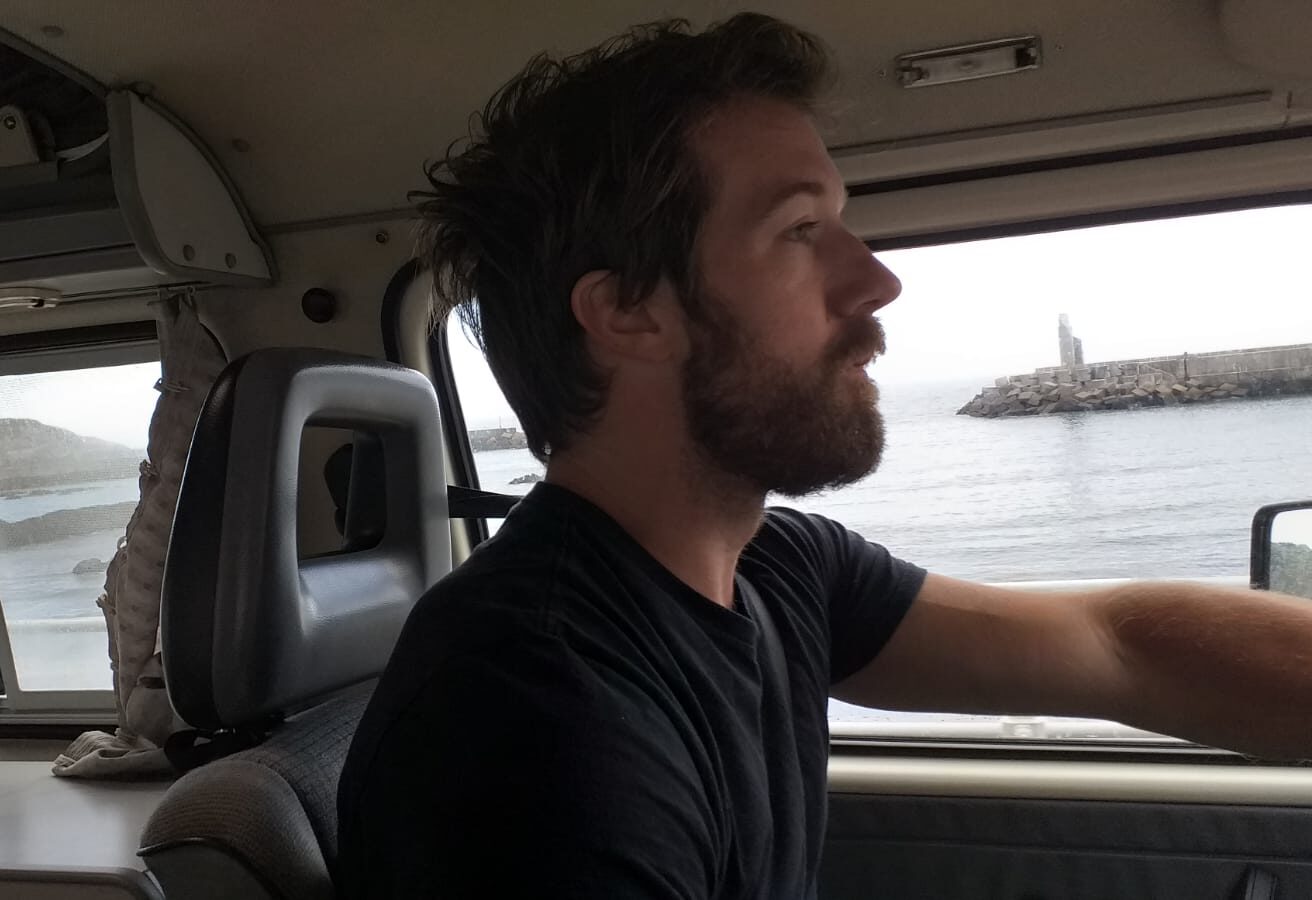
Mom ruined her $350 wedding dress running barefoot through a cornfield. The hem gathered silky topsoil like the wind.

At long last, our Fall 2024 issue is here. Check back daily throughout the month of November to read a true harvest of poems, stories, art, and criticism that we’ve curated for you this autumn.
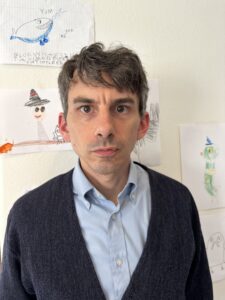
those days won’t come back but at least we don’t have to talk in complete sentences now
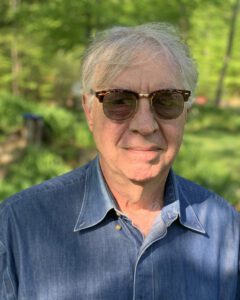
There was a space at the table / for a child who’s face I’d already seen. / Who had arrived with a smile in the shape / of a blade. I composed a psalm because / I longed to make up a story that wasn’t true

When the rain slowed, I walked the dog / from whom I wrested one bottlecap, one shoe. // Clicked on a link to a network of bail funds, / found my country, my state. Hovered.
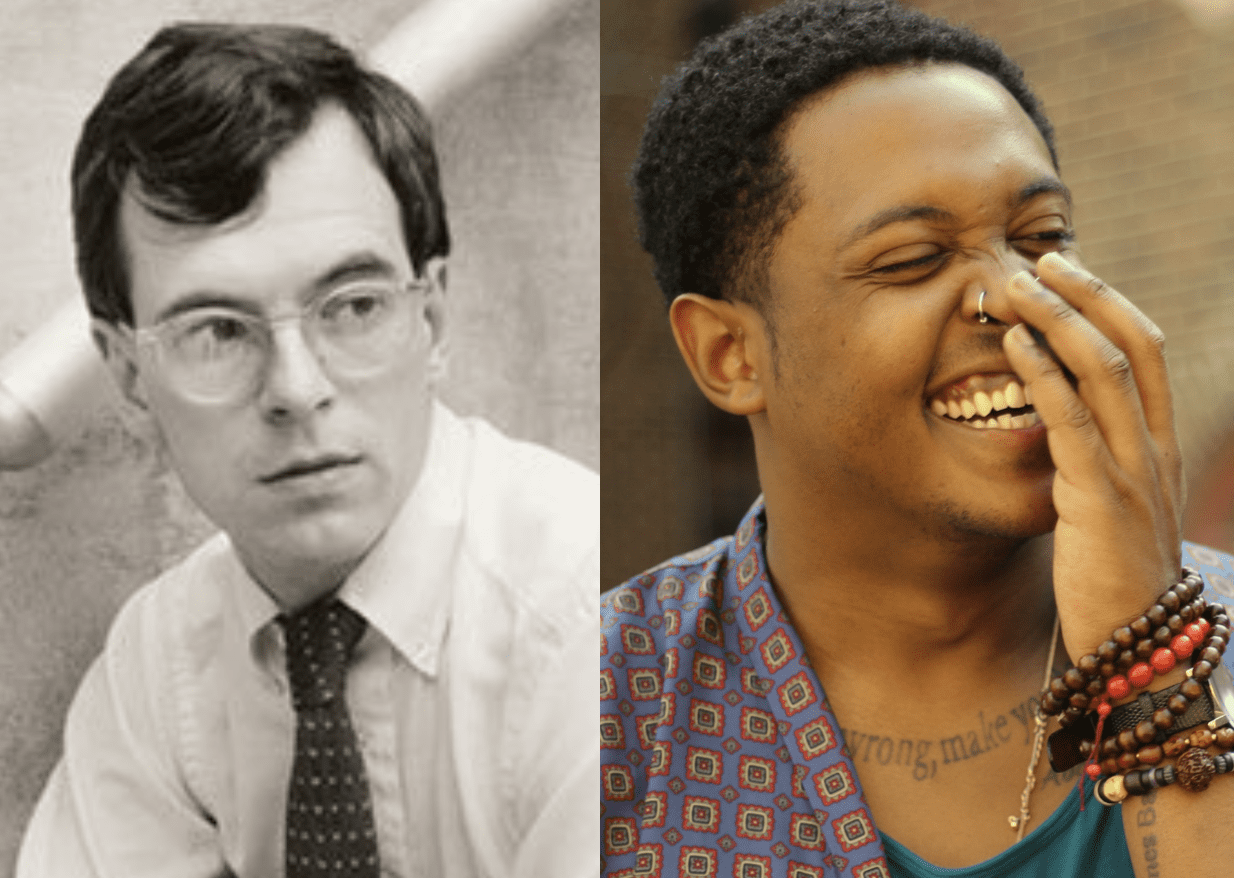


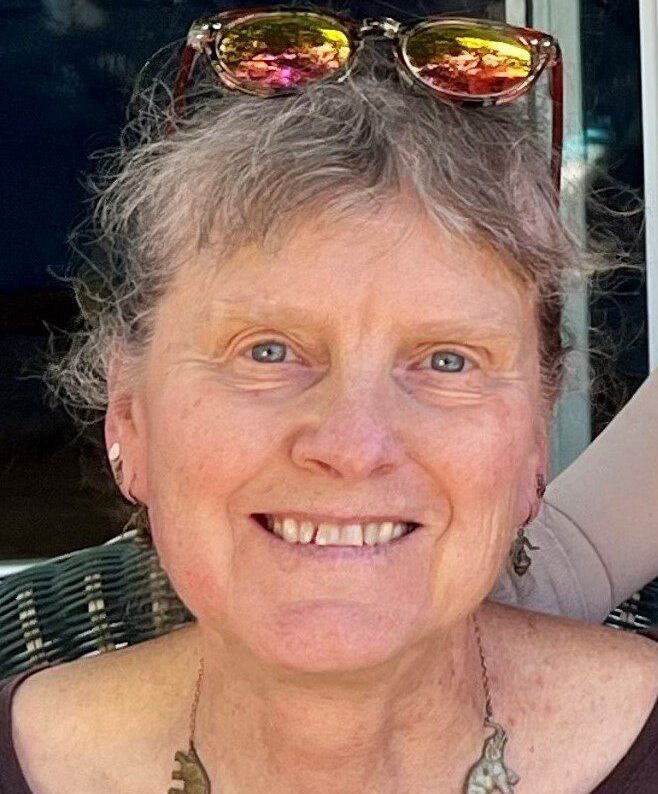
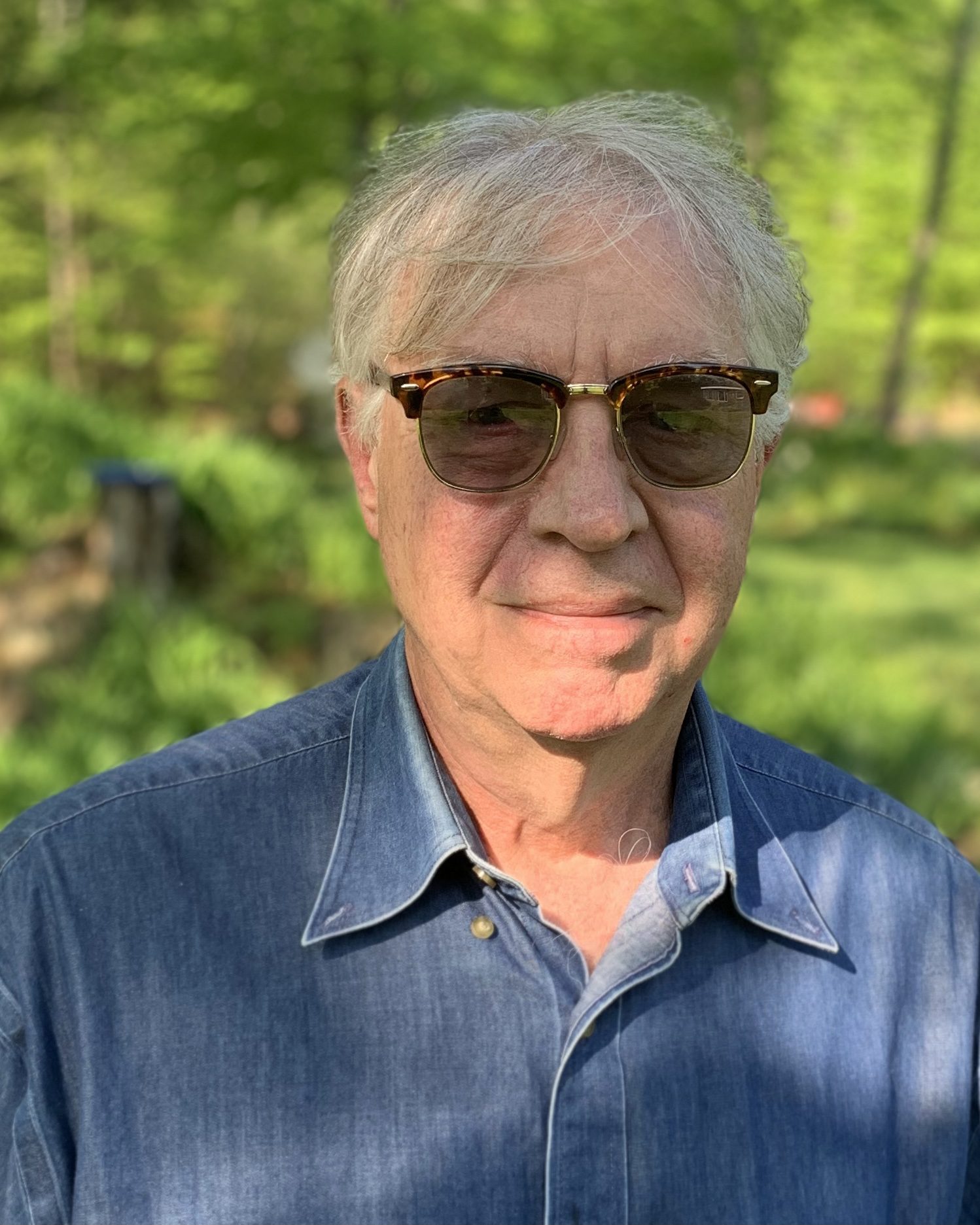





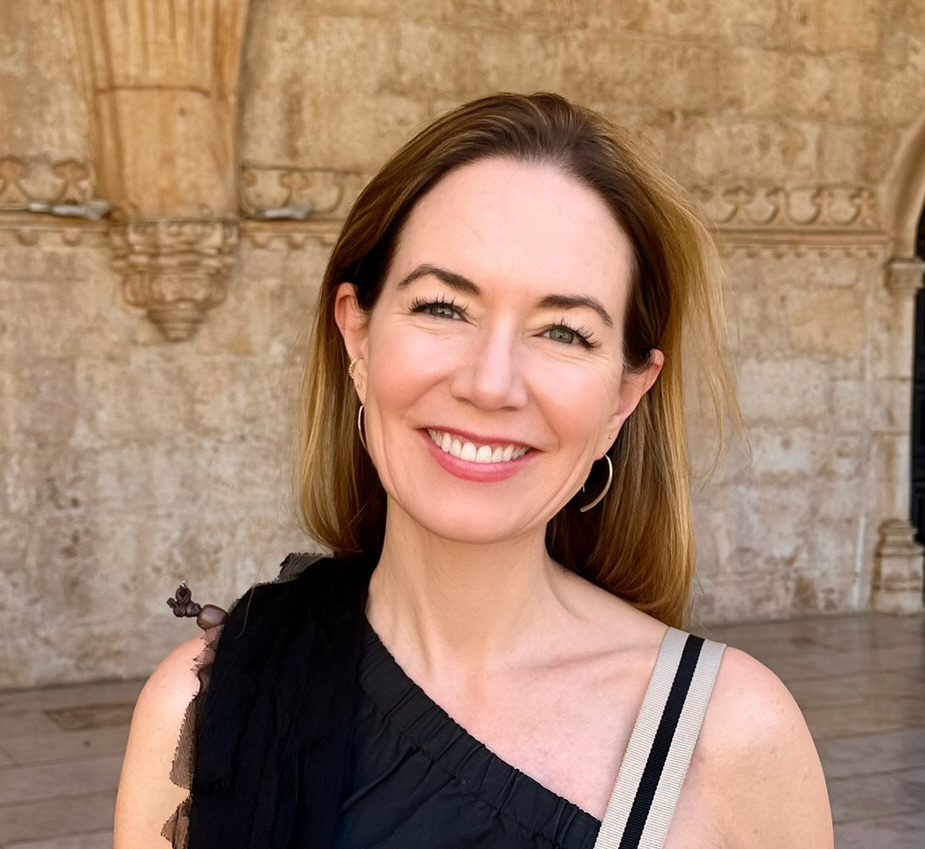
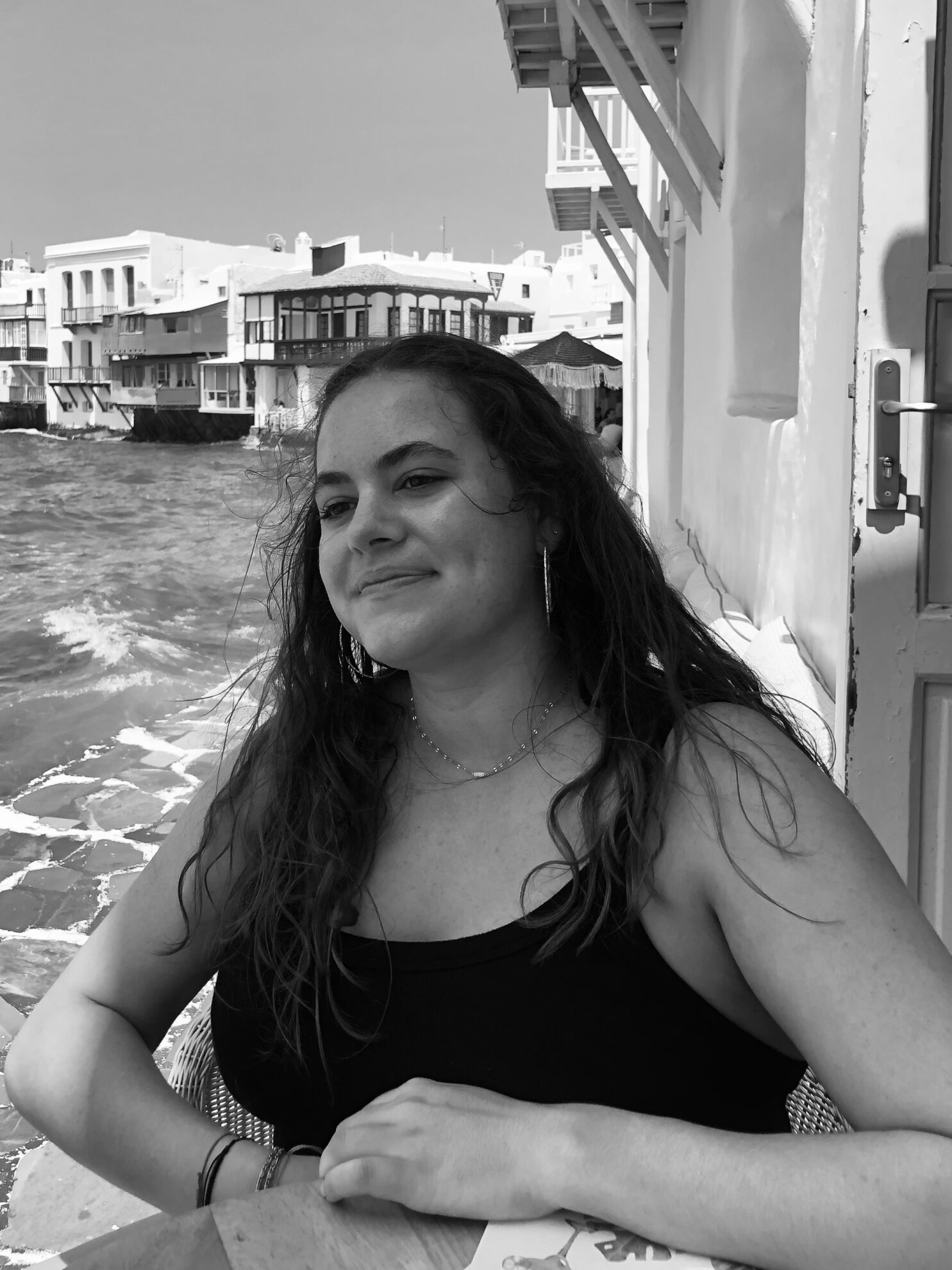
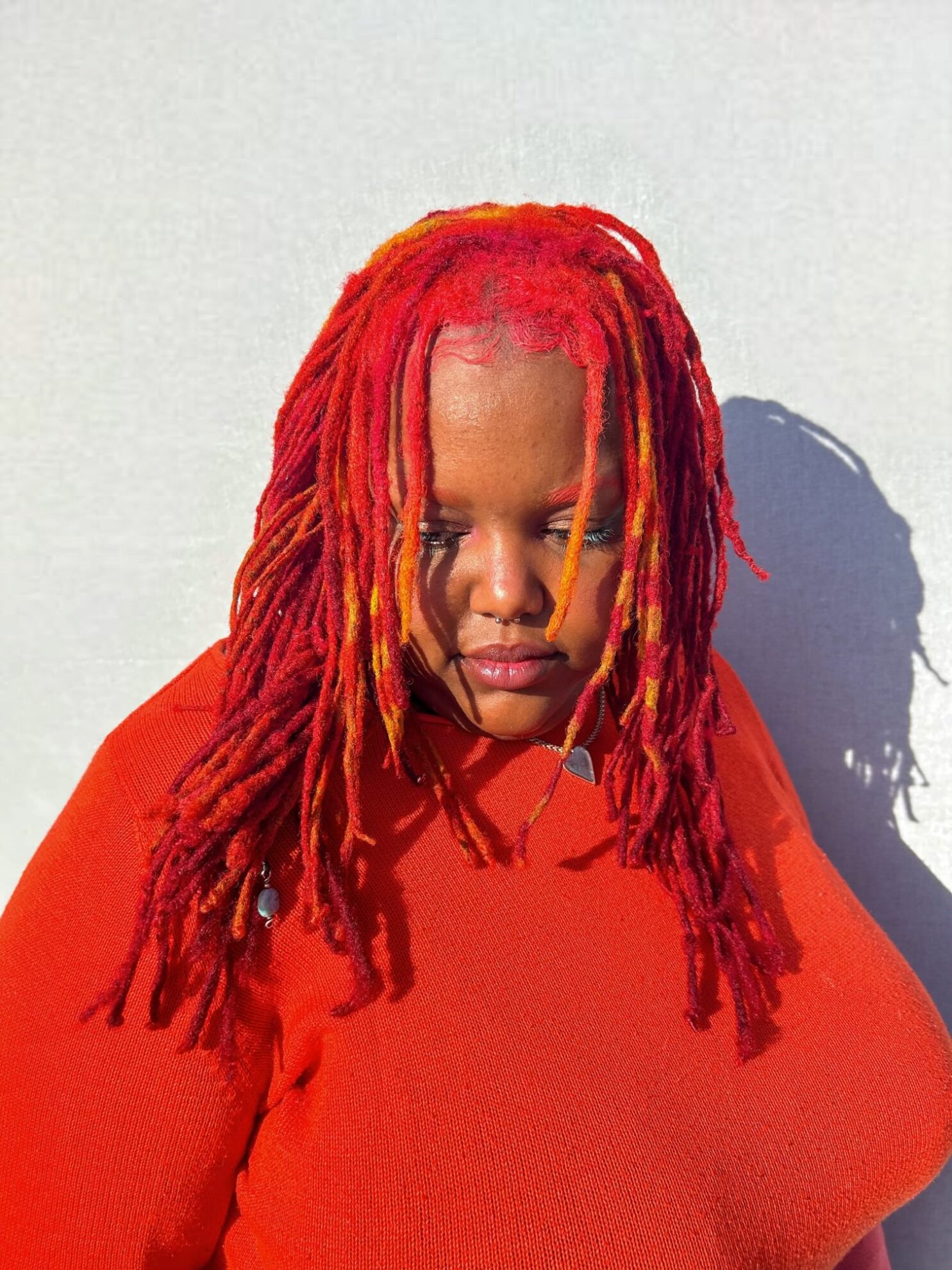
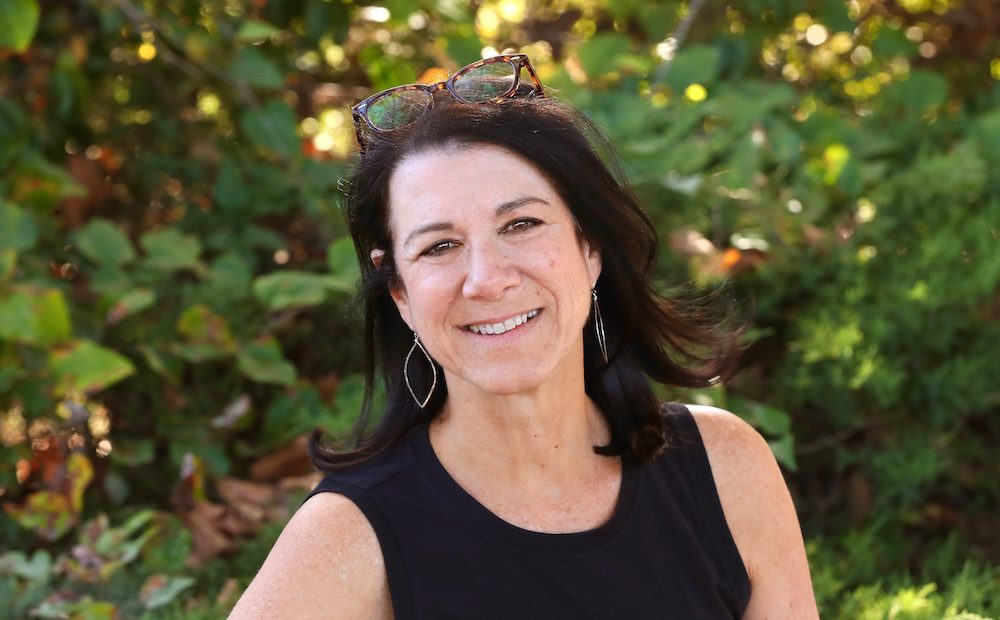
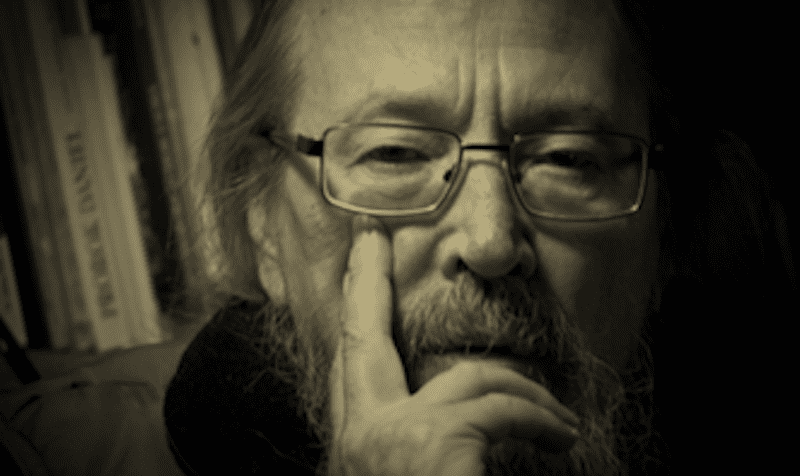
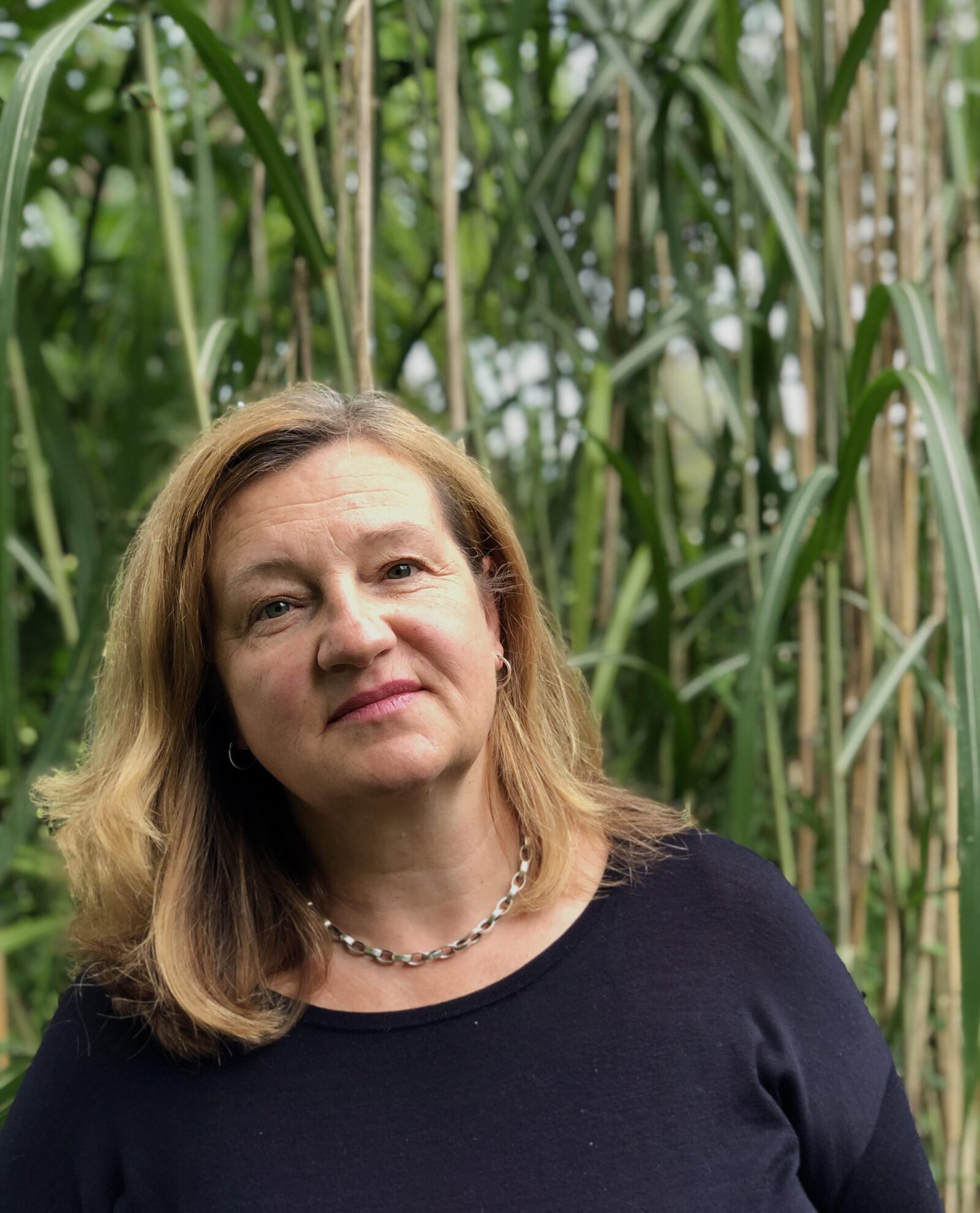

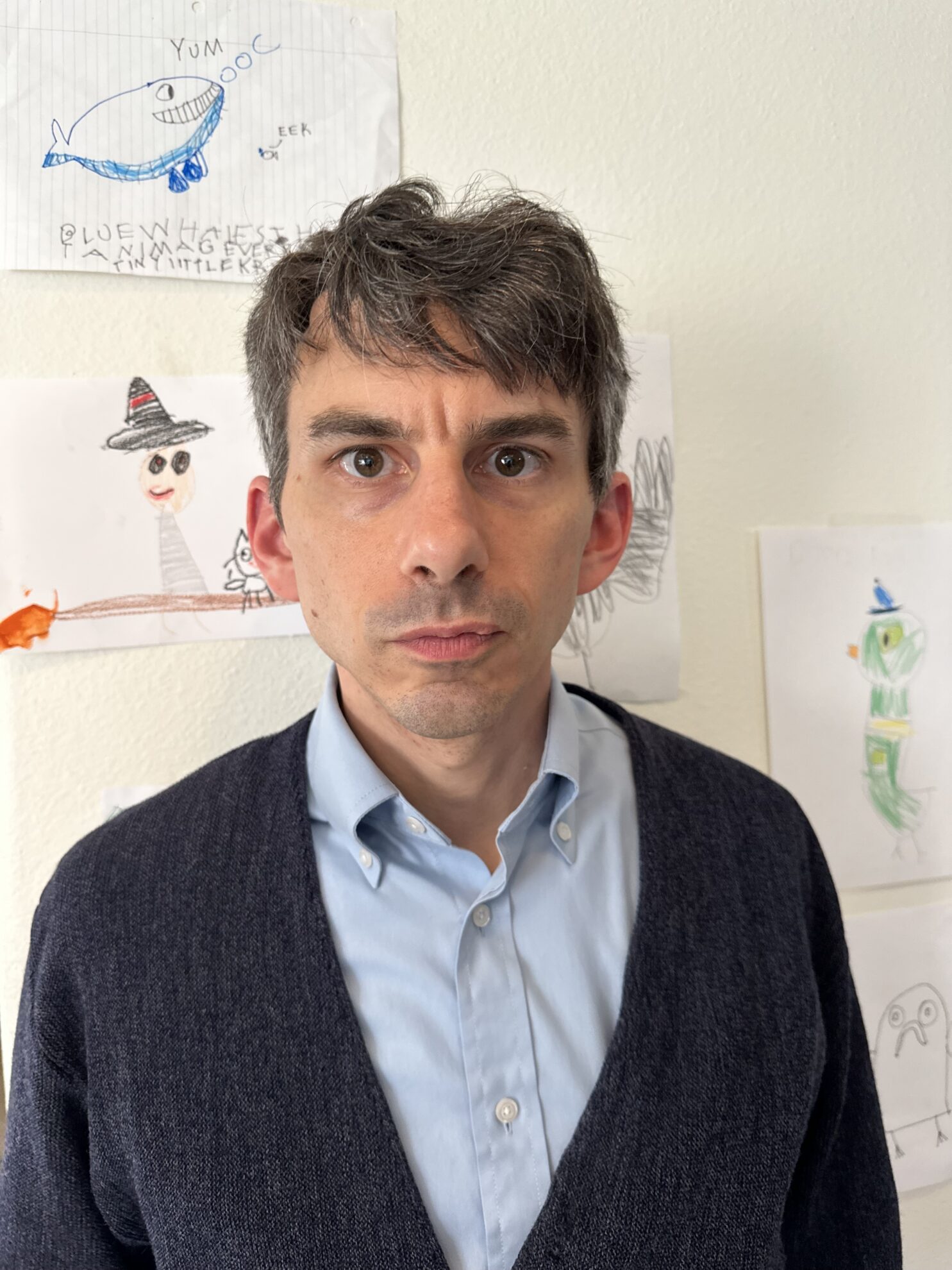


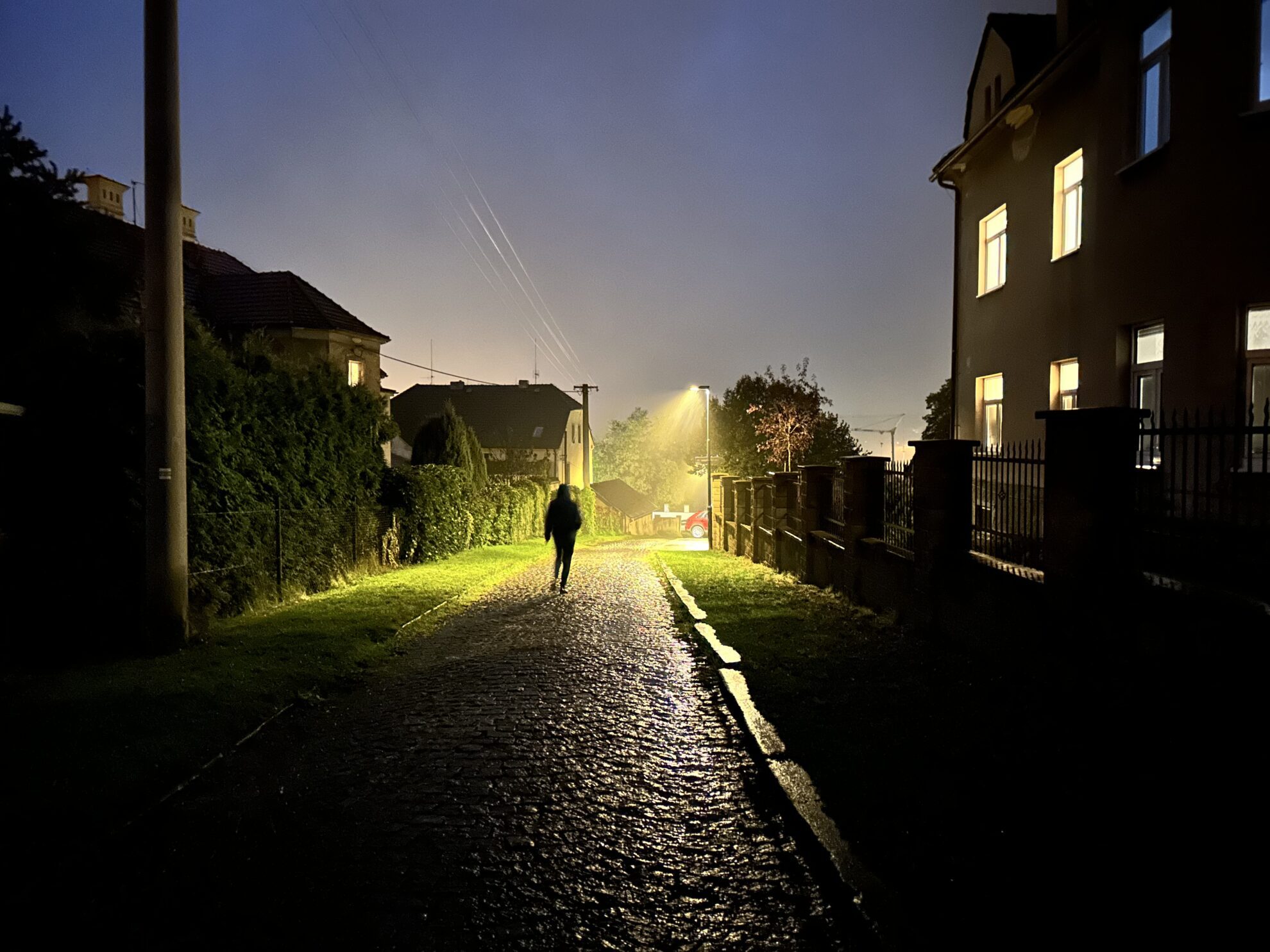
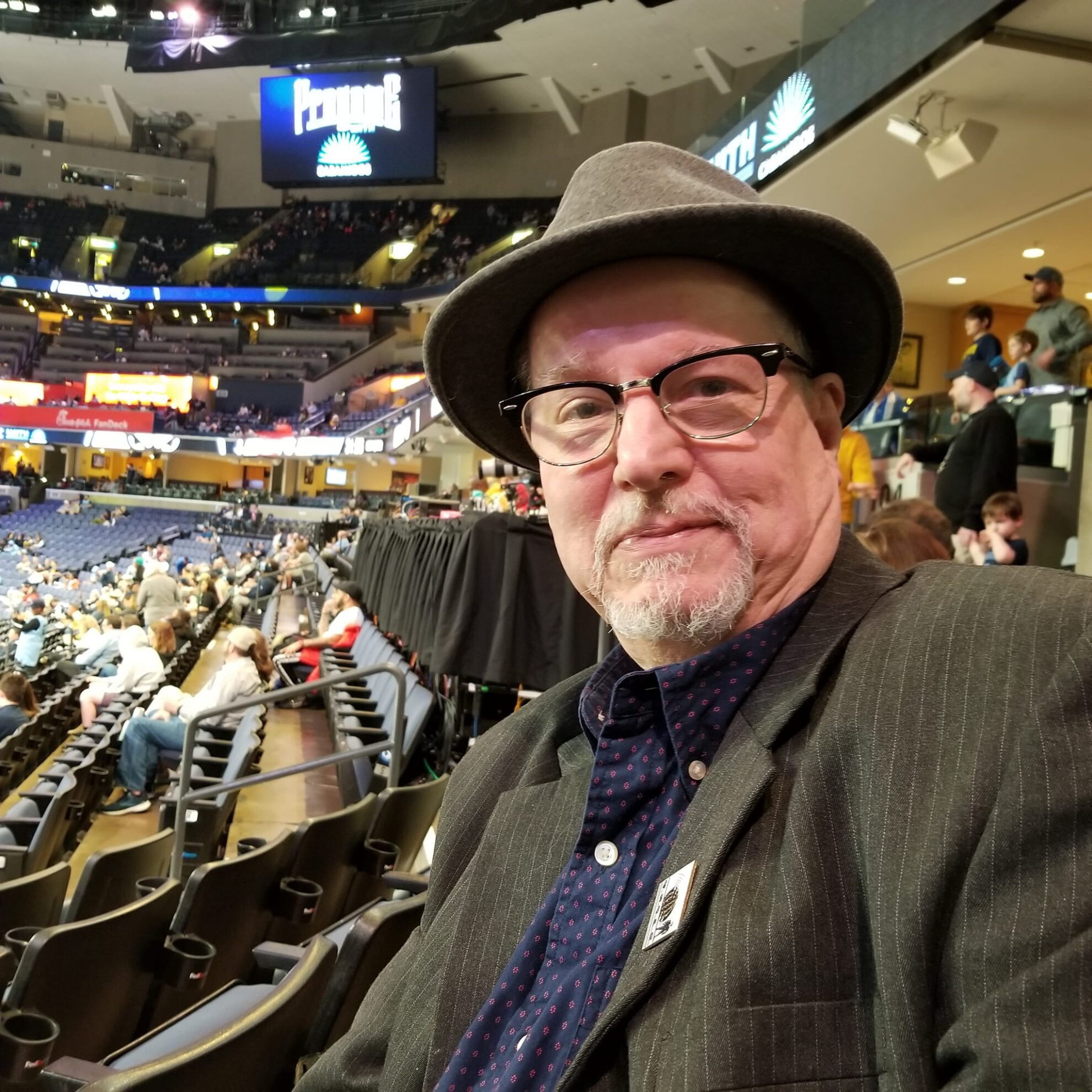

I can paint phrases that capture my man / veiled and leaning over a hive, ungloved hands / lifting frames aswarm with bees, finding the

There was a space at the table / for a child who’s face I’d already seen. / Who had arrived with a smile in the

sometimes a bottle // holds me like a tentpole / sometimes // it’s the other way round; and we bottle- /
neck / we flagship each-other.
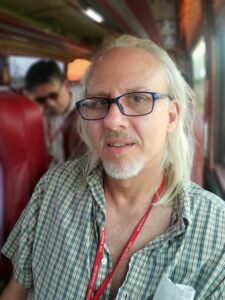
He is not our first dead tourist. We have had copter incidents, people cutting legs on ice, avalanche victims. One lady fell down a mine
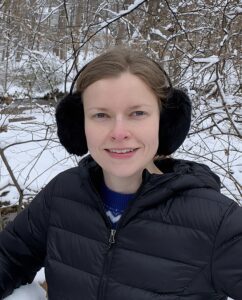
How many times did I tell the children? We got this by a stroke of luck, and to luck it might return. Don’t fold it
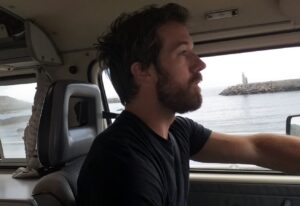
Mom ruined her $350 wedding dress running barefoot through a cornfield. The hem gathered silky topsoil like the wind.

Stephan Delbos on the poetry of Tim Dlugos and Danzez Smith, two poets whose poetry clarifies the evolving relationship between American society & AIDS and
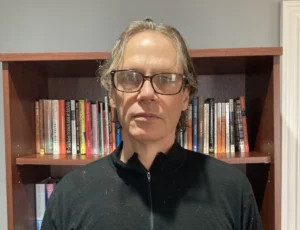
I have never had a particularly good imagination. Really, it’s kind of dire. It irritates my wife that I can’t imagine a future. I’m not
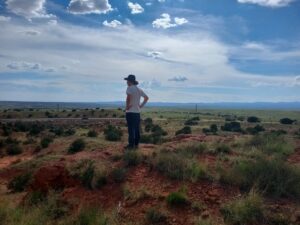
The fire on the American mountainside was dying down. My thought was that horror cannot be cheated if hope is to become believable.
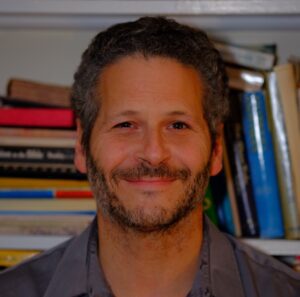
Hostovsky’s fondness for words and keen ear for spoken language benefit his writing: he can record and create dialogue in a brilliant and natural way. In this respect, he has more in common with short-story writers than with most contemporary poets, who tend to avoid direct speech.
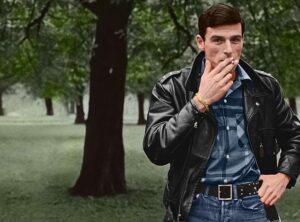
W. H. Auden once said that poets should dress like businessmen. Thom Gunn preferred leather and chains.
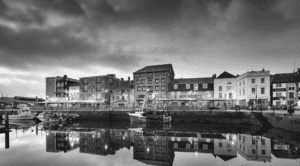
These four poets and their recent books are representative of the poetry currently being written in Southwest England and the country more broadly.

B O D Y interviews Scott Kiernan, a New York-based artist whose video, photo and installation works interact in ways that address their own materiality and means of distribution.
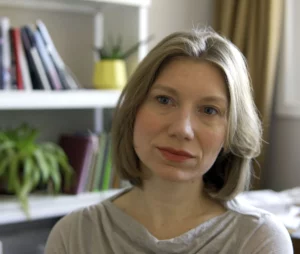
Anna Hawkins is an artist who works primarily in moving image and installation with an interest in the ways that images, gestures and language are circulated and transformed online and the impacts of technology on the intimate spheres of daily life.

Weaving together disparate references spanning across histories and geographies, German interdisciplinary artist Johanna Strobel explores the entanglement between philosophy, semiotics, and actuality.
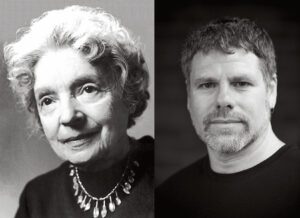
“The biggest challenge of translating Sachs into English, for me, had to do with tracking the movement of her mind in the forming of a poem.”

The Russian Civil War was a truly terrible event in terms of awful acts of atrocious violence, but there’s also a weird sense of farce about this, of history being played at the wrong speed.
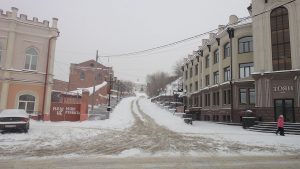
Andrey Filimonov comes from Tomsk, the 400-year-old “Athens of Siberia” and center of White Russian resistance during the Russian Civil War.
© 2024 | B O D Y | bodyliterature.com